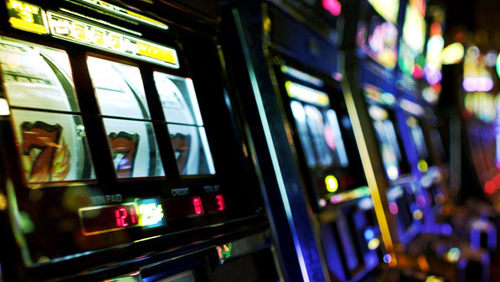Casino and gaming systems provider Paradise Entertainment Limited has granted Interblock d.d., an electronic table gaming products developer, license for the use of certain intellectual property for non-live multi-gaming machines in Macau.
The license agreement, the companies announced, gives Interblock non-exclusive rights to “certain intellectual property” to be used in Asia’s gambling mecca.
Of the agreement, Paradise’s Chairman and Managing Director Jay Chun said, “Leveraging Interblock’s extensive sales and distribution network, proven track record and commercialization expertise, we are confident that our cooperation will significantly boost the sales of licensed gaming machines and accelerate the penetration of non-live multi-game in Macau.”
Interblock’s existing luxury gaming products and other services are available in 166 jurisdictions worldwide.
Interblock Vice-President for Asia, Michael Hu, said the obtaining of the intellectual property rights under the agreement “not only cements our leading market position but also paves our way to access to the Macau market.”
Paradise has said it was looking at a profit for the first half of 2018, after reporting a loss of $4.4 million for the same period last year. The company’s revenue from January to June had increased year-on-year by 31% to reach $39.28 million, while sales from gaming equipment increased by 170.2% over the same period last year, bringing in $6.47 million. This was a substantial increase over the $2.39 million for the first quarter last year, according to Paradise.
The agreement with Interblock is in line with Paradise’s plans to expand casino operations in Macau. Apart from its two satellite casinos in the special administrative region, Paradise is looking to acquire a casino license when these are issued in the upcoming years. Paradise’s Investor Relations Manager Bob Shen has said the company will make a decision after the Macau government releases its licensing guidelines.
Morgan Stanley expects revenue in Macau to rise to $146 billion by 2020, even as its neighbors Japan and China have provided increased competition in the region.
